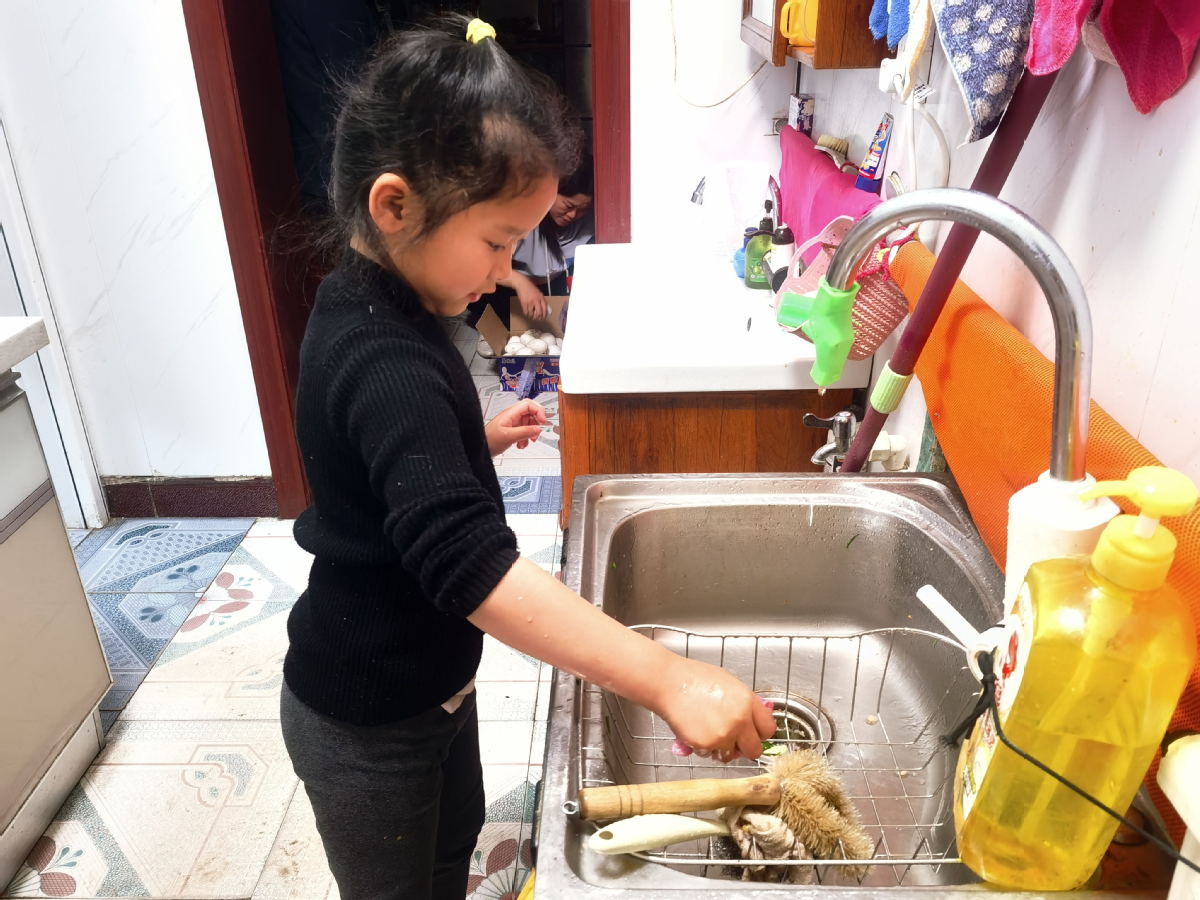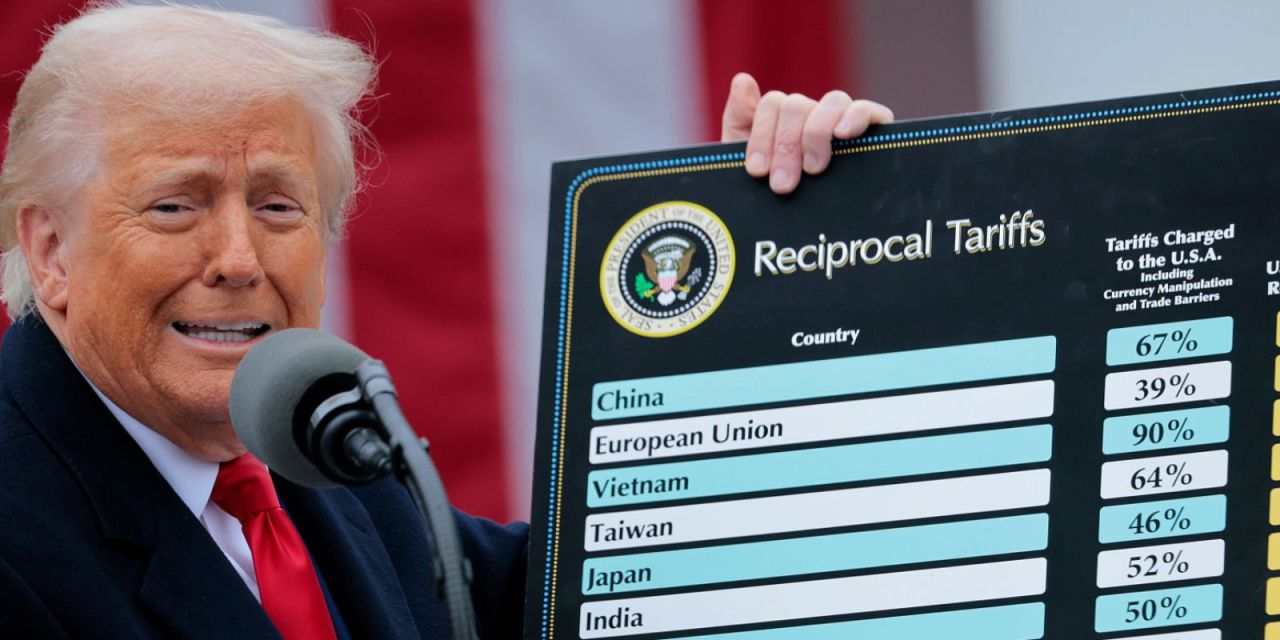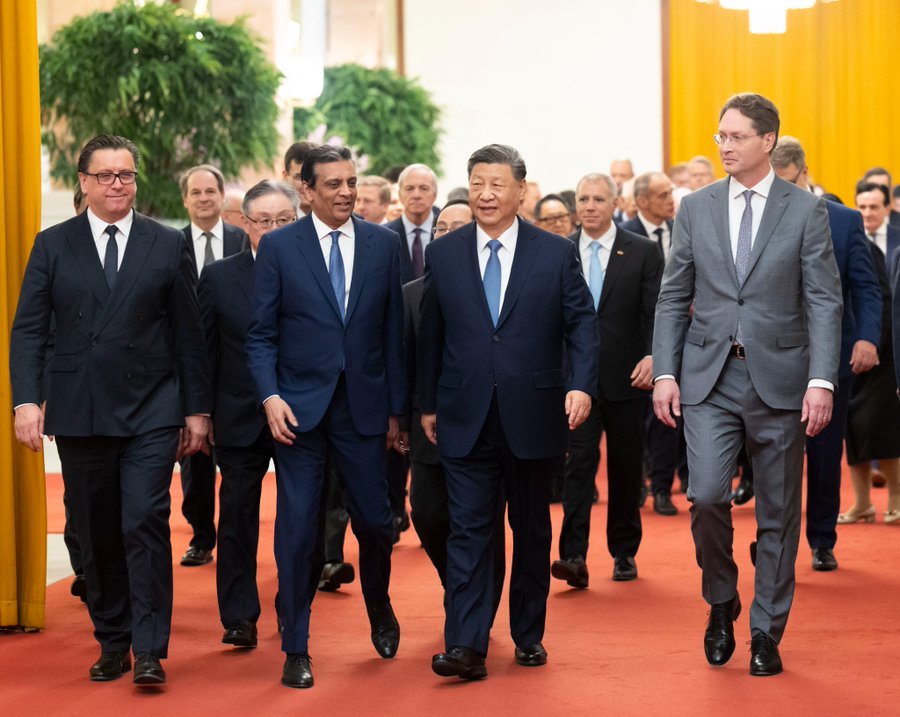Starting from the upcoming fall semester, students in primary and middle schools will have at least one course every week to learn basic household skills such as cleaning and cooking, plus cutting-edge technology including 3D printing and laser cutting.
The Ministry of Education recently released a new curriculum standard for labor education in compulsory education. The standard has three types of tasks: everyday chores, including cleaning, organizing, cooking, and using and maintaining home appliances; productive labor, including agriculture, making traditional handicrafts, and experience and application of new technologies; and service, including volunteer work.
Primary school students in first and second grades need to do basic cleaning, wash vegetables and peel fruit, and learn to raise one or two kinds of plants or small animals.
Third and fourth graders should clean their classrooms, wash their underwear, socks and shoes, know how to make cold dishes and use home appliances.
Fifth and sixth graders should master the skills of cooking two or three common dishes, such as fried eggs, or scrambled eggs with tomato.
For middle school students, they are encouraged to cook three or four dishes independently, learn how to make one or two kinds of traditional handicrafts, and experience one or two types of industrial labor, new technologies, modern service or volunteer work.
The new curriculum also stipulates the establishment of labor week, which refers to extracurricular, off-campus, continuous and intensive activities that occur every school year.
It calls for the participation of families in students’ labor education. Schools should use various means to help parents realize the importance of labor education and help parents make household lists to improve students’ independence.
The curriculum has been widely discussed on social media and became the top trending topic on Sina Weibo.
Netizens welcomed the inclusion of such courses and said it is necessary to teach young students basic skills. Some have regretted not learning such skills during their school days.
Yang Jianping, mother of a first grader in Beijing, said she strongly supports teaching students such courses so they learn the necessary technical and labor skills in life.
Her son’s head teacher asks the students to clean the classrooms and use disinfecting wipes to clean the desks, chairs and classroom floors, she said.
She also asks him to help make simple dishes and has taken him to plant vegetables at his grandmother’s garden in the countryside during winter vacation, Yang said.
“He is very interested in planting vegetables and asks to video chat with his grandmother to see the plants every day,” she said.
Xiong Bingqi, director of 21st Century Education Research Institute, said more supervision and regulation are needed to ensure local governments and schools allocate enough resources and teachers for labor education and open enough courses.
He said labor education needs family participation, yet many parents only value academic education and overlook other forms of education, he said.
Such forms of family education harm the development of children by taking away opportunities to experience life, develop necessary skills and become independent people, he added.


 Sports2 weeks ago
Sports2 weeks ago
 Business2 weeks ago
Business2 weeks ago
 Government3 weeks ago
Government3 weeks ago
 International4 weeks ago
International4 weeks ago
 Features4 weeks ago
Features4 weeks ago
 Government3 weeks ago
Government3 weeks ago
 Business2 weeks ago
Business2 weeks ago
 Education4 weeks ago
Education4 weeks ago





















